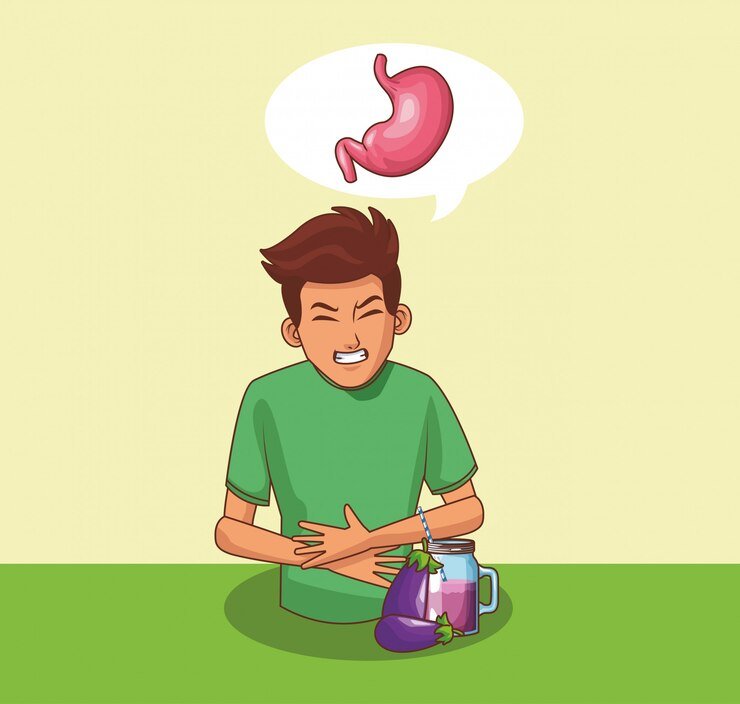
Overview
What is Mumps?
The mumps virus, a member of the paramyxovirus family, is the cause of the infectious disease mumps. Usually, it starts off with minor symptoms like lethargy, headaches, and fever. But the defining characteristic is the enlargement of the salivary glands, especially the parotid glands, which results in swollen, sore jaws and puffy cheeks (parotitis).
When the mumps vaccination was developed in 1967, the prevalence of the once-common pediatric illness was significantly decreased. Outbreaks nevertheless continue to happen, particularly in close-contact settings like college campuses.
Make sure your youngster gets the measles-mumps-rubella (MMR) vaccine to prevent mumps. Even though the illness is typically mild, major consequences might occasionally arise.
Who Does Mumps Affect?
Unvaccinated children between the ages of 2 and 12 are the main victims of mumps. However, because immunity to the mumps gradually wanes, vaccinated people, even adults and teenagers, can also have it. The best defense against mumps infection is still vaccination.
Symptoms and Causes
What are the symptoms of mumps?
Many people may be asymptomatic, and the early signs of mumps are frequently modest. Symptoms may include the following and typically manifest 7 to 25 days after exposure:
Headache from a fever
Fatigue and muscle aches
Appetite loss
A few days later, the parotid glands may enlarge painfully, usually on one or both sides of the face, giving the face the distinctive “chipmunk cheeks.” In more than 70% of mumps cases, this happens.
Other organs like the brain, pancreas, ovaries, or testicles may occasionally be impacted by mumps. If you experience severe symptoms such as a high temperature, stiff neck, headache, confusion, vomiting, or seizures, you should see a doctor very once.

What Causes Mumps?
The mumps virus, which causes the disease, is transferred by direct contact with respiratory droplets or infected saliva from talking, sneezing, or coughing. Sharing saliva-contaminated objects, like toys, cutlery, or cups, can potentially transmit it.
Among the at-risk categories are:
Unvaccinated people
Individuals with compromised immune systems
People who live in close quarters, such dorms
Travelers from other countries
Is Mumps Contagious?
The mumps is indeed quite contagious. From a few days before to the onset of gland swelling until roughly five days later, infected persons are most contagious. In order to stop the virus from spreading, sick people should stay away from other people during this time.
Diagnosis and Treatment
How is Mumps Diagnosed?
Medical professionals use physical examinations and symptom evaluation to diagnose mumps. The disease is frequently indicated by enlarged salivary glands. The diagnosis may be confirmed, or alternative reasons for gland swelling may be ruled out with additional testing, such as a blood test or polymerase chain reaction (PCR) test.
How is Mumps Treated?
There is no specific treatment for mumps. The illness typically resolves on its own within two weeks. Treatment focuses on relieving symptoms, such as:
Getting lots of fluids
Eating foods that are soft and simple to chew
Using warm salt water for gargling
Applying heat or cold packs to swollen areas
Using over-the-counter painkillers such as acetaminophen or ibuprofen (don’t give kids aspirin)

Prevention
Can Mumps Be Prevented?
Indeed, immunization is a really effective way to avoid mumps. Immunity against measles, mumps, and rubella is provided by the MMR vaccine. It is usually administered in two doses:
Initial dosage: 12 to 15 months of age
Second dosage: from age 4 to age 6.
Even though they are uncommon, outbreaks can happen in heavily vaccinated populations, particularly in congested areas. To increase immunity in these situations, a third dosage of the vaccine might be advised.
How Safe is the MMR Vaccine?
The MMR vaccine prevents mumps in up to 90% of people and is safe and effective. The majority of adverse effects are minimal, including a slight fever or injection site pain. Allergic reactions and other serious adverse effects are quite uncommon.
Speak with your physician if your child:
possesses a history of immune system problems or seizures
had an adverse reaction to a prior dosage of MMR
is presently unwell or on drugs that could impair immunity.
Outlook
How Long Do Mumps Last?
The majority of kids get over the mumps in a few weeks. About a week after symptoms, especially edema, have decreased, they can resume their regular activities, including school.
Can You Get Mumps Twice?
Getting the mumps more than once is rare. To provide long-term protection, immunization is still the best option.
Potential Complications of Mumps
Despite being uncommon, mumps can cause major side effects, such as:
Orchitis: Testicular inflammation
Oophoritis: Ovarian inflammation
Inflammation of the brain and spinal cord lining is known as meningitis.
Pancreatitis: Pancreatic inflammation
Deafness: irreversible loss of hearing
Thyroiditis: Thyroid gland inflammation
Mumps rarely causes miscarriage or poor birth weight in pregnant women. If exposed during pregnancy, get medical help right away.
Caring for a Child with Mumps
During the contagious period, make sure your youngster gets enough sleep and stays away from close people. Provide comfort by using symptom-relieving techniques, soft meals, and water.

Questions to Ask Your Healthcare Provider:
Before exhibiting symptoms, can my child spread the mumps?
Does my child have a chance of problems?
Does prevention require further doses of the vaccine?
How can I help my child with their symptoms?
A Note on Prevention:
The best defense against mumps and its consequences is still vaccination. Maintain current vaccinations to shield your child and other people from this infectious illness.










Leave a Reply